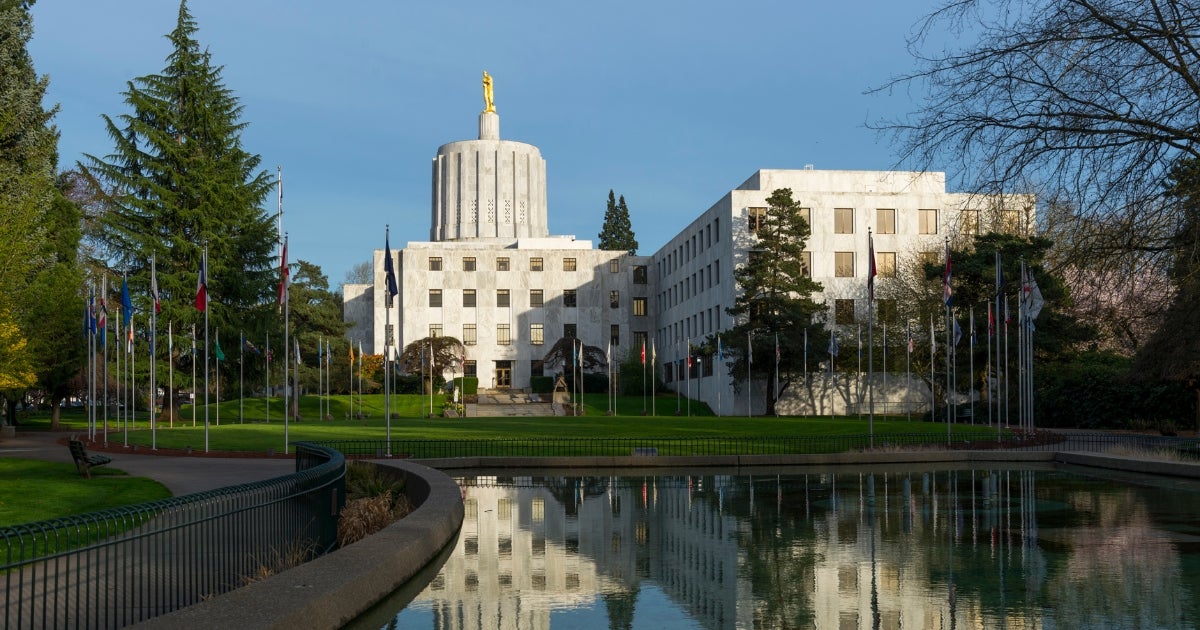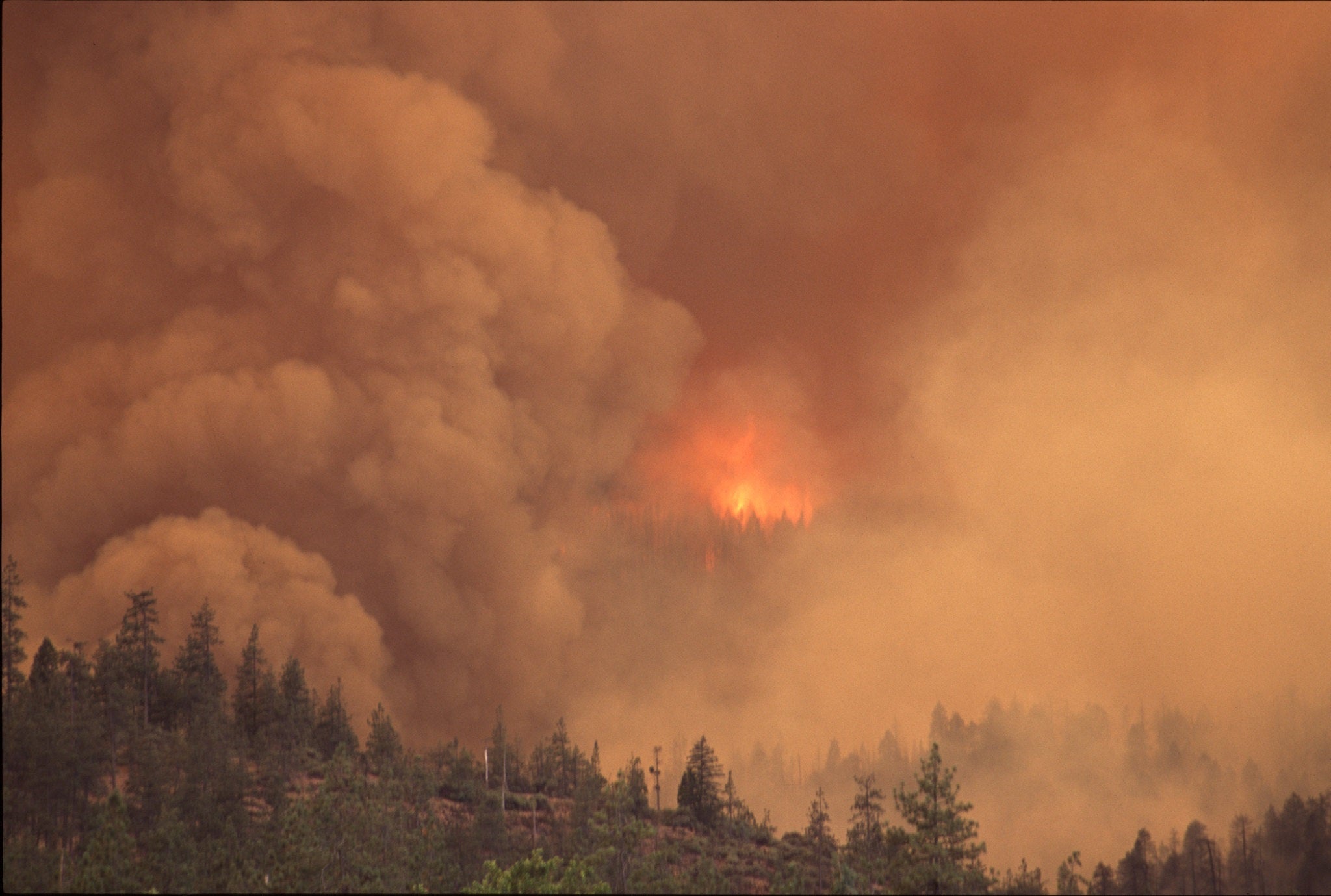Last legislative session, Oregon’s lawmakers had the opportunity to update Oregon’s statutory climate targets. This would have been the first time that Oregon updated its outdated climate targets in 15 years and would have brought Oregon’s climate goals in line with the level of ambition of President Biden’s national climate targets and from other climate leadership states.
But then, Oregon’s legislative session was stalled by a small group of state Senators who fled the Capitol instead of fulfilling their core responsibility as elected officials: to represent their constituents by casting votes in the legislative process. This walkout tactic has been used time and time again and has prevented climate action supported by a majority of Oregonians. This year’s walkouts — the longest in Oregon’s history — prevented Oregon from updating its climate goals.
Without updated climate goals in place, Oregon risks falling short of securing the greenhouse gas (GHG) emission reductions that are needed to avoid the most dangerous, irreversible impacts of climate change. Oregon has made important progress in regulating emissions, as one of the states leading the way on cutting pollution from the power sector, the transportation sector, and natural gas fuels — but new analysis by EDF has found that without additional action, Oregon is projected to fall short of achieving its climate commitments.
Here’s what to know about the analysis and next steps Oregon can take to raise the bar for climate action.












